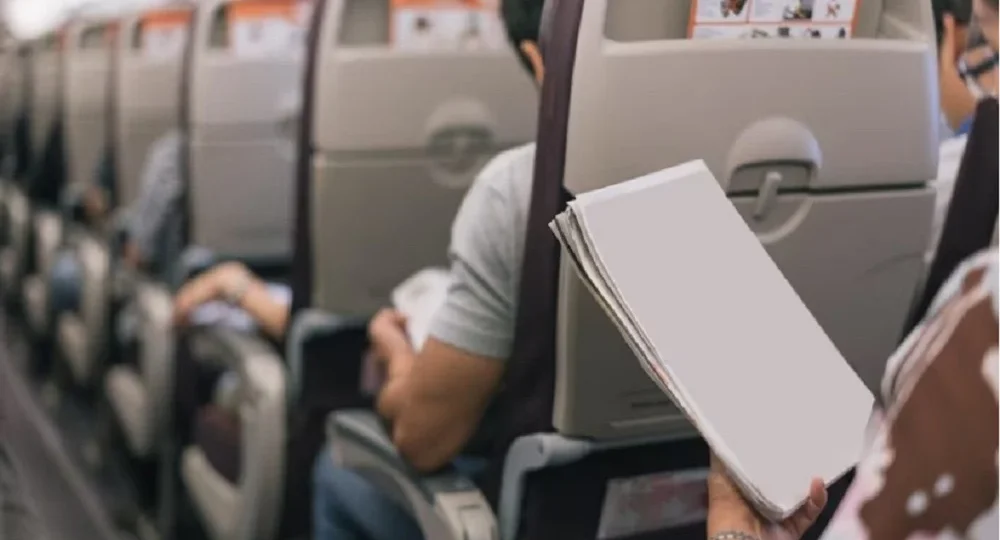Destination Marketing: Strategies for Promoting Tourist Hotspots
Introduction: In the ever-evolving world of tourism, destination marketing stands as a pivotal element. It involves the art and science of promoting specific locations to attract visitors, boost local economies, and create employment opportunities. Avlon Shikha Niketan, a distinguished institution that offers an exclusive BBA degree course encompassing the dynamic service industries of Tourism,.




